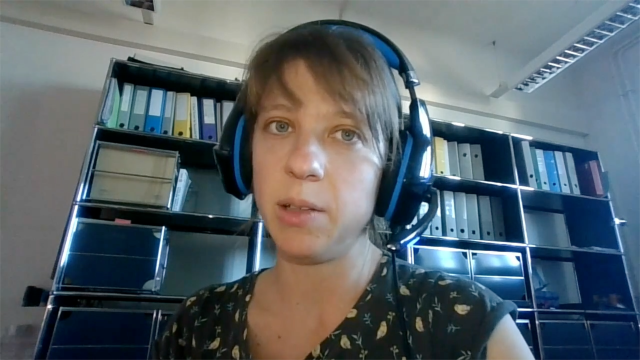
A video interview with a researcher in molecular biology discusses the factors that affect each individual’s response to Covid-19 and the tool that can be used by public health officers to predict it
23 Dec 2022
Press releases
Why did some individuals and populations respond worse than others to the Covid-19 pandemic? Are there genetic factors related to the possibility of contracting the severe form of the virus?
We asked Aureliano Stingi, Ph.D. in molecular biology, to shed light on this topic and help us understand why these questions are so important.
Age, gender, and the presence of comorbidities are some of the factors we already know about. Recently, researchers found that individuals who have the APOE4 gene (one of the genes related to Alzheimer’s disease risk) are more likely to develop a severe form of Covid-19 infection.
Understanding the factors that influence individual response to the severe forms of the disease makes it possible to stratify the population according to each individual’s susceptibility and to be able to identify those most at risk.
Ideally, if a test existed that could analyze all of an individual’s risk factors, including genetic ones, physicians and public health officials could plan health interventions in an individualized manner, reaching in a more targeted and effective way the segments of the population that need it most.
Learn more here

